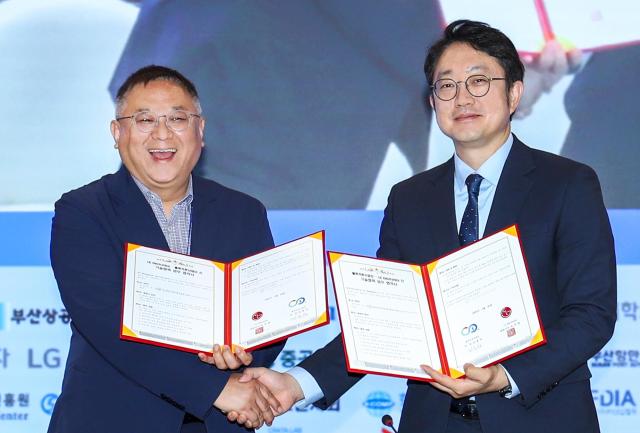
The firm has signed a partnership with the Blue Carbon Business Group at Seoul National University to launch pilot projects employing the innovative, water-soluble glass powder.
According to LG, Marine Glass dissolves in seawater, gradually releasing mineral ions that act as nutrients for seaweed and microalgae — key players in blue carbon ecosystems.
These ecosystems are considered highly effective in capturing and storing atmospheric carbon dioxide, offering potential climate mitigation benefits that exceed those of terrestrial environments.
The company said it has spent more than six years developing the technology, which allows precise control over the rate and concentration of mineral dissolution.
The material can be produced in various forms, including dense spherical beads engineered to remain in place in fast-moving currents, as well as flat chips designed to cultivate concentrated underwater forests.
“Marine Glass is a milestone in demonstrating how advanced materials can serve environmental restoration,” said Paek Seung-tae, head of LG’s Kitchen Solution Business Division. “This agreement marks the first step toward validating the technology’s capabilities and exploring its diverse applications.”
Beyond its ecological promise, the technology presents commercial opportunities.
Marine microalgae, which could benefit from Marine Glass, are used in pharmaceuticals, dietary supplements, and biomass-based energy production.
LG has filed more than 400 patents related to its glass powder technology and currently operates a facility with an annual production capacity of 4,500 tons at its Smart Park in Changwon, South Gyeongsang Province.
The company has previously brought other functional materials to market, including an antibacterial product called PuroTec, launched in 2023 in countries such as Vietnam and India.
Copyright ⓒ Aju Press All rights reserved.

